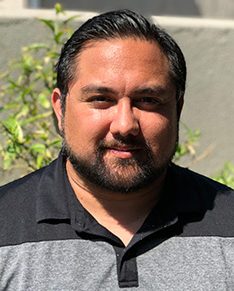Tips for helping students with OCD


Obsessive compulsive disorder (OCD) can disrupt every area of life, including education. Obsessions are intrusive and unwanted thoughts or images that not only cause distress but also make it very difficult to focus on class lectures or assignments. Engaging in compulsions, such as rituals or repetitive behaviors, which are aimed at reducing the anxiety brought on by obsessions, can make it very difficult to study or write an essay. In a recent article in The Mighty, marriage and family therapist trainee and blogger Nathalie Maragoni, discussed her personal experience with OCD and provides tips for how teachers and professors can help students with OCD.
How can teachers and professors learn about OCD?
Teachers and professors should get educated about OCD, suggested Maragoni. The International OCD Foundation’s website provides helpful information, resources for people with OCD, and news about community events.
What does OCD look like?
It is also important to understand that OCD can present itself in many ways, wrote Maragoni. Media portrayals of someone with OCD often depict OCD as simply being overly neat and organized or overreacting to exposure to germs. However, there are many subtypes of OCD. Below are a few examples:
- Contamination OCD
- Somatic OCD
- Harm OCD
- Scrupulosity OCD
Does reassurance help?
Although it can be common for someone to want to be reassured that their obsessions are harmless, Maragoni noted that reassurance seeking is one of the most common compulsions. Compulsions provide short term relief from anxiety but make symptoms worse in the long run. Instead of providing reassurance trying saying, “I can see your suffering but I can’t reassure you right now.”
What can teachers and professors do to help?
You are not expected to be an expert in OCD. Maragoni suggested that simply showing patience and understanding to people suffering from OCD can go a long way. Find ways to communicate that you do not blame people for their struggle with OCD. Collaborate with students with OCD to find out their individual needs and develop an action plan.
If you are interested in learning more about OCD treatment contact us to schedule a free phone consultation.

Dr. Jason von Stietz specializes in Cognitive Behavior Therapy and Sport/Performance Psychology in Torrance, CA. He provides online therapy (telehealth) by way of the Torrance office and is available for a free initial phone consultation. Dr. von Stietz works with individuals from Long Beach, the greater Los Angeles area, and the South Bay including Palos Verdes, Redondo Beach, Hermosa Beach, Manhattan Beach, El Segundo and all over California.
